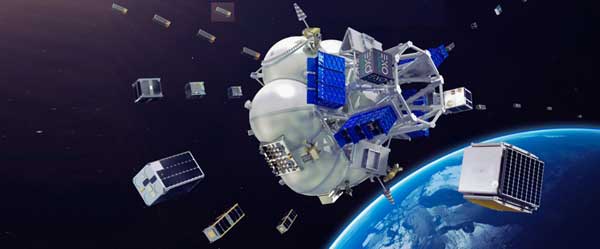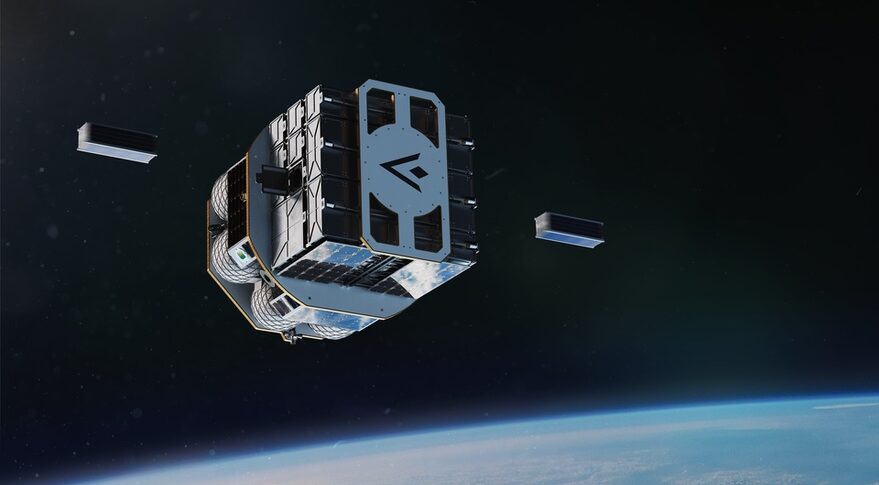Launcher stated on February 7 that it had inked a multi-launch contract with SpaceX for three more Orbiter tug operations. In January, April, and October of 2023, those tugs will fly on Falcon 9 rideshare missions.
Under a deal disclosed last June when the company unveiled its plans to create Orbiter, Launcher’s first Orbiter tug will fly on SpaceX’s Transporter-6 rideshare mission in October 2022. The vehicle will be able to place cubesats and other tiny satellites in their preferred orbits as well as host payloads for up to two-year missions.

“We have chosen SpaceX to be our provider in 2023 and beyond, due to their incredible reliability, performance, industry-leading price, and mission flexibility, which allows us to provide the lowest-cost Orbiter mission services to our customers,” Max Haot, chief executive of Launcher, said in a statement.
Launcher charges between $8,000 and $25,000 per kilogramme for smallsat launch and orbit transfer services, depending on mission requirements. It will also sell a specialised Orbiter mission for $400,000 plus the cost of SpaceX’s launch.
Orbiter is on schedule to launch its first mission this fall, according to the company. The business recently reported the results of a series of tests of the vehicle’s main engine, a thruster that employs ethane and nitrous oxide as propellants, including a two-and-a-half-minute test.
Orbiter is one of several vehicles designed to provide “last mile” in-space transportation services for smallsats launched on rideshare missions such as SpaceX, transporting satellites from the rideshare launch’s first transfer orbit to their final orbits. Other firms that are developing or have flown comparable vehicles include D-Orbit, Momentus, and Spaceflight.

Orbiter was created by Launcher not only for rideshare flights in larger vehicles, but also for its own small launch vehicle, the Launcher Light, which is now under development. According to Haot, the business is making “excellent progress” in testing the E-2 engine that powers the vehicle’s first stage, and the vehicle’s first launch is set for March 2024.




